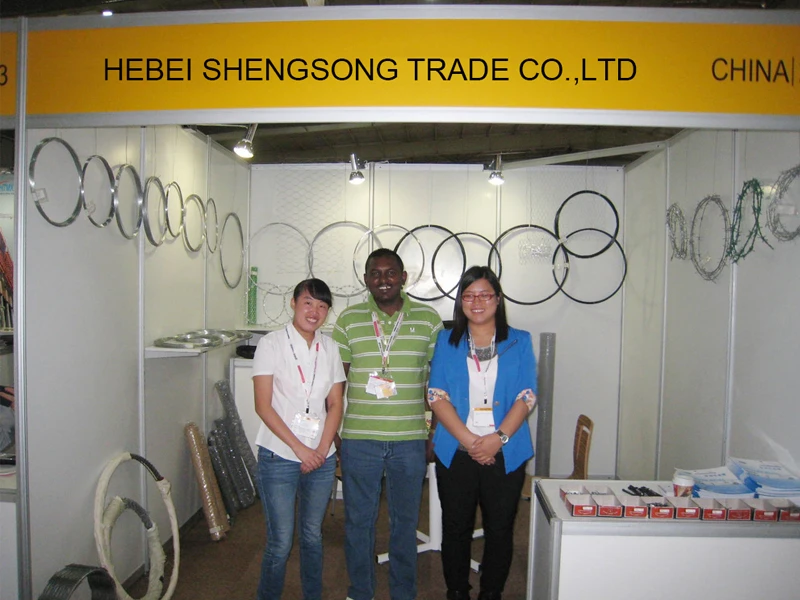The Benefits of Stainless Steel Aviary Mesh for Bird Enclosures
When it comes to constructing a safe and durable aviary for birds, one of the most important decisions is selecting the right material for the enclosure. Among various options available, stainless steel aviary mesh stands out due to its remarkable combination of strength, durability, and aesthetic appeal. This article will explore the benefits and applications of stainless steel aviary mesh, making a compelling case for its use in creating safe and long-lasting bird habitats.
Durability and Longevity
One of the primary advantages of stainless steel over other materials is its impressive durability. Stainless steel is resistant to rust and corrosion, making it particularly well-suited for outdoor environments where exposure to moisture and weather can lead to deterioration. Unlike galvanized steel, which can begin to rust over time, stainless steel maintains its structural integrity and appearance even in harsh conditions. This durability translates to a longer lifespan for the aviary, reducing the need for frequent replacements or repairs, which can be both time-consuming and costly.
Safety for Birds
Safety is paramount when designing any enclosure for birds. Stainless steel aviary mesh provides a secure barrier that keeps birds safely contained while allowing for ample visibility and ventilation. The strength of stainless steel means that even larger birds or those with strong beaks cannot easily break through the mesh. Additionally, the openings in the mesh can be customized to suit the species of birds being housed, ensuring they cannot escape or be harmed by predators. This tailored approach promotes both the well-being of the birds and peace of mind for their caretakers.
Aesthetic Appeal
stainless steel aviary mesh

An often-overlooked aspect of aviary design is the visual impact. Stainless steel aviary mesh offers a sleek and modern appearance that enhances the overall aesthetic of any garden or outdoor space. Its shiny surface reflects light beautifully, and the metallic finish can complement various architectural styles. Whether you are designing a private bird sanctuary, a public aviary, or an educational facility, stainless steel mesh adds a touch of elegance and sophistication to the environment.
Low Maintenance Requirements
One of the significant benefits of using stainless steel aviary mesh is its low maintenance requirements. Because stainless steel is resistant to corrosion and does not require regular painting or treatment, upkeep is minimal. A simple periodic cleaning with soap and water is typically sufficient to keep the mesh looking new. This ease of maintenance is particularly advantageous for commercial operations, where the focus should remain on the care of the birds rather than constant repairs and upkeep of the enclosure.
Versatility in Design
Stainless steel aviary mesh can be used in a variety of applications beyond traditional bird enclosures. It can be integrated into bird exhibits, wildlife parks, and even urban environments where birds make their home. The mesh can be molded and shaped to fit various designs, making it an incredibly versatile choice for architects and designers. These capabilities allow for creativity in how the aviary is constructed, ensuring that it meets specific needs while remaining functional and aesthetically pleasing.
Conclusion
In conclusion, stainless steel aviary mesh is an excellent choice for anyone looking to design a bird enclosure that prioritizes durability, safety, and aesthetic appeal. Its resistance to corrosion and rust ensures longevity, while its strength provides a safe environment for birds. Moreover, the low maintenance requirements and versatility in design make it a practical and attractive option. By choosing stainless steel aviary mesh, caretakers can create a humane and beautiful habitat that not only protects the birds but also enhances the surrounding space. Whether for personal enjoyment or commercial purposes, investing in stainless steel aviary mesh is a decision that reflects a commitment to quality, sustainability, and the well-being of avian residents.

















